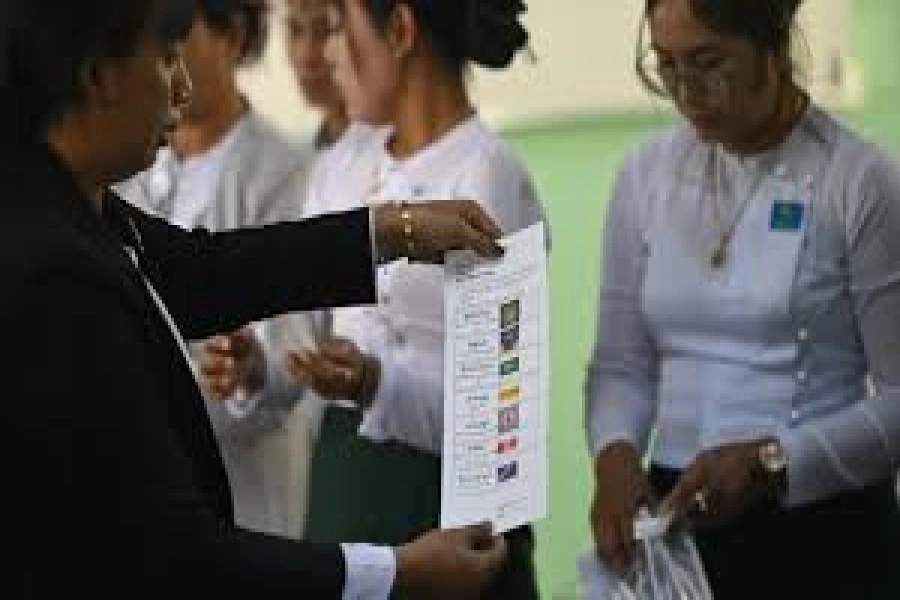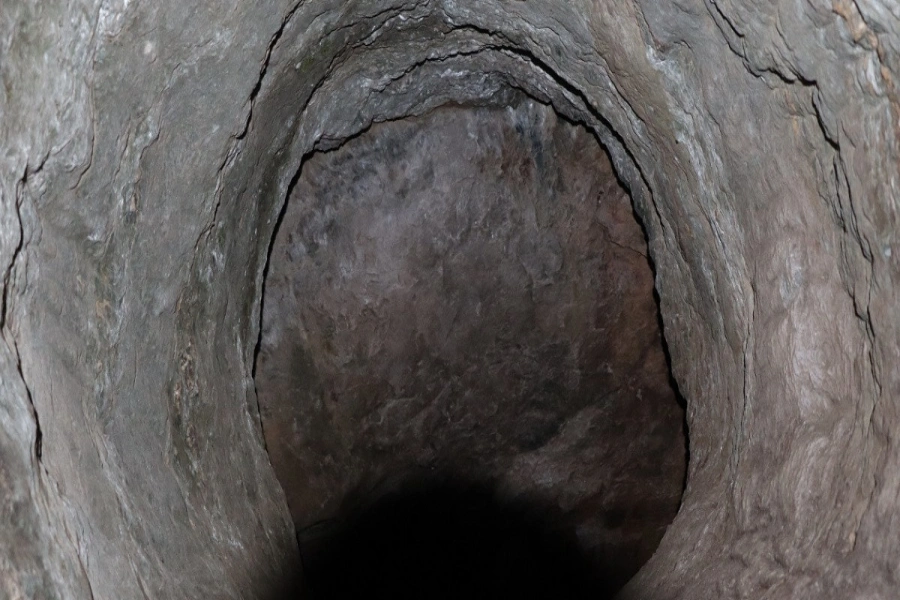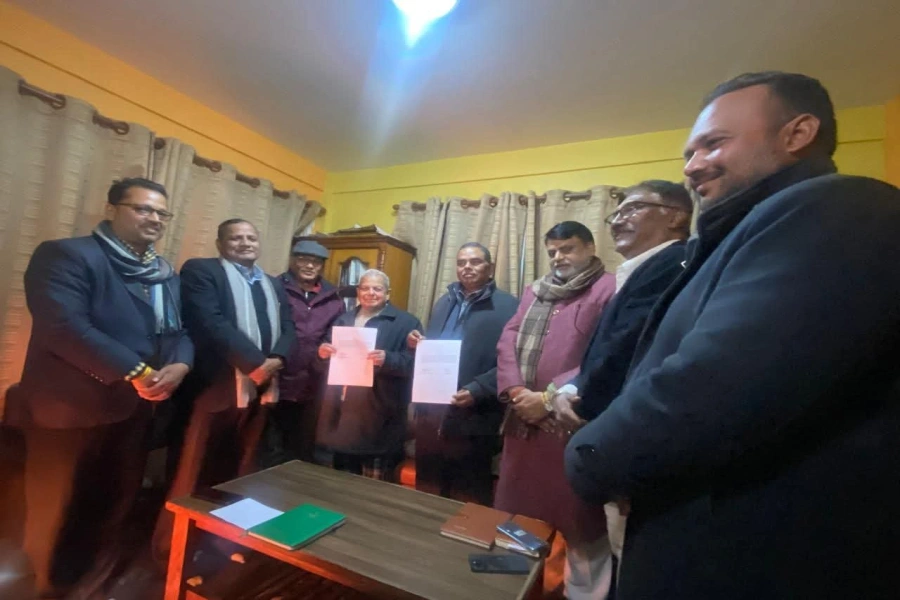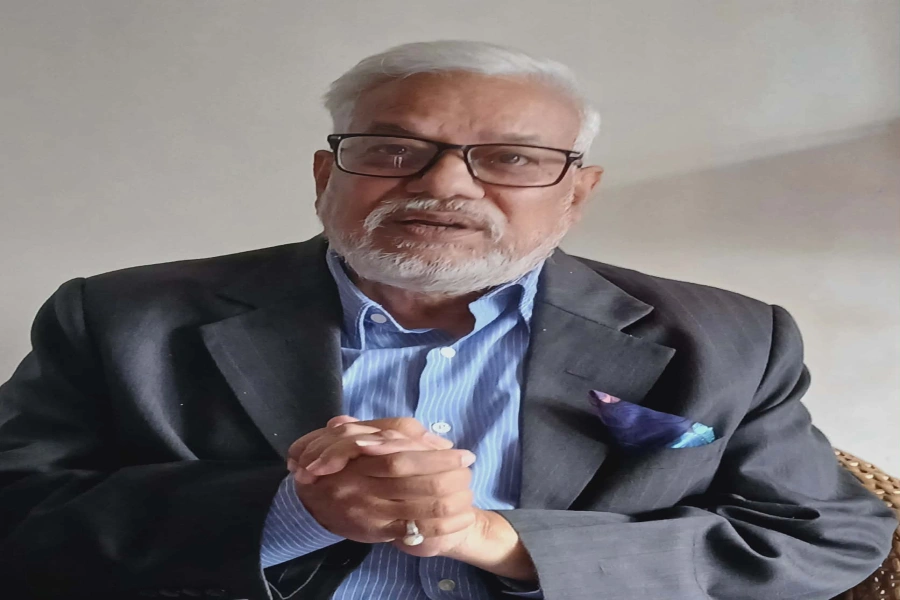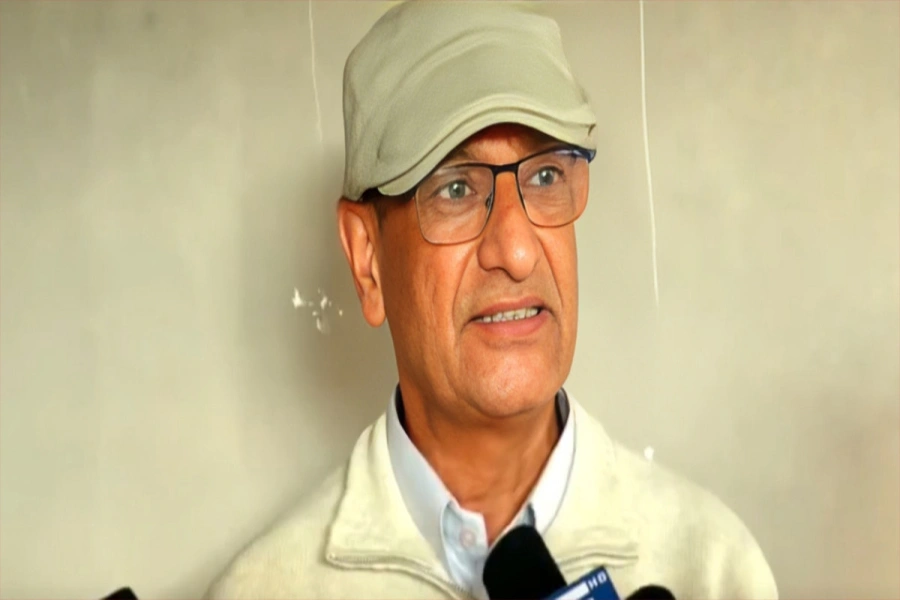Instant noodles were nearly the only easily available food item in the immediate aftermath of the April 25 Great Earthquake. One thing people could buy and consume was instant noodles. Soon the demand surged and there were reports of people having to pay double the original price for a packet of Wai Wai. Volunteers who went to the most affected districts like Sindhupalchowk and Gorkha provided victims with noodles which helped them sustain until they got rice and lentil. Instant food, especially noodle of certain brands, is very popular—from among children to the old—in Nepal. But there is something alarming and deadly serious about such noodles and other varieties of junk food.Several studies and anecdotal evidences have proved that junk food has adverse effects on human health. It is the source of diseases like obesity, hyperactivity and aggression in children. Junk food containing taste enhancer like monosodium glutamate (MSG)—commonly found in instant noodles and other products—is especially harmful. This substance may cause adverse health reactions, including chest pain, nausea, and headache and may even affect bones. This is why the Food and Drug Administration of the US requires food manufactures to list the information in the label for the food items that contain MSG. Thus, in savoring what might taste yummy and hot, we could be consuming extremely unhealthy substance. Nestle's Maggi noodles, popular in India and also consumed in Nepal, is found to have containing lead (almost seven times higher than the permission limit) and MSG. Delhi and Gujarat have banned the popular noodle and several other Indian states are following suit. Nepal Government has rightly sprung into action and banned its import. Perhaps this is the only thing to do at the moment since samples are being tested in the laboratory and reports are due. But it would be a mistake to limit vigilance on Maggie alone. The sphere of food inspection must be widened to safeguard public health, especially during sensitive times when food shortage has started to cripple lives in earthquake affected districts.
Noodles of questionable efficacy —some whose names nobody knows—have reached our hinterlands, some of them with expired date. The earthquake victims were given to eat substandard food even by organizations like the World Food Program. A recent report released by the Department of Food Technology and Quality Control (DoFTQC) after a month-long inspection has found that a number of food products coming from India, Bangladesh and the UK as aid are substandard. This explains why quality check should not be limited to noodles. The DoFTQC has assured to check the quality of other noodle brands available in Nepal. The quality of both domestic and foreign noodle brands must be checked and strong action must be taken against manufacturers if their products are found substandard. But there is also a larger need for setting a new standard for manufacturing and selling of food (both junk and raw) to protect public health. The unscrupulous traders might supply substandard food to make fast bucks during crisis. It's the state responsibility to ensure that its citizens get to eat healthy food and that they are safe.
Eating junk food is bad for health!



